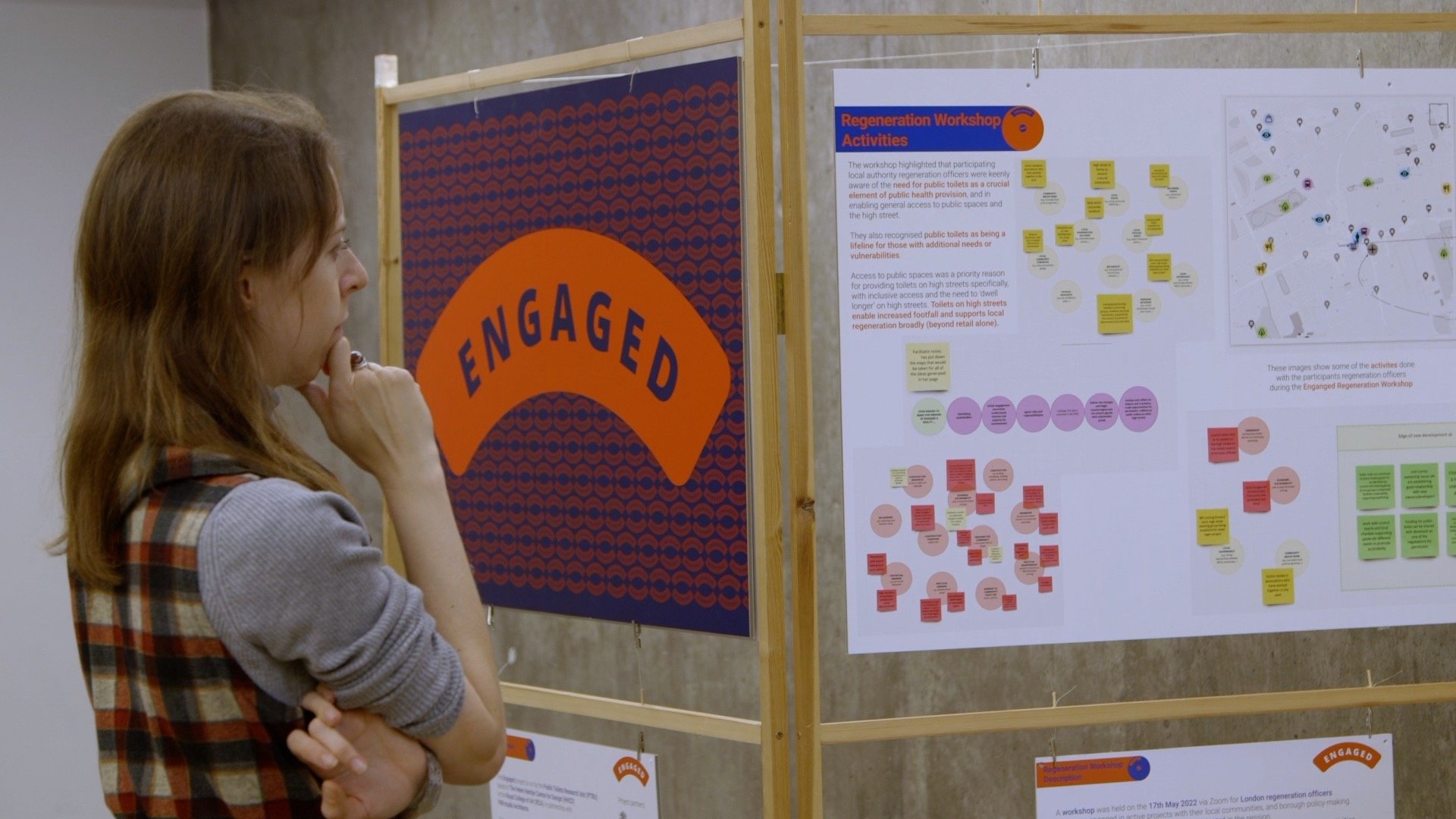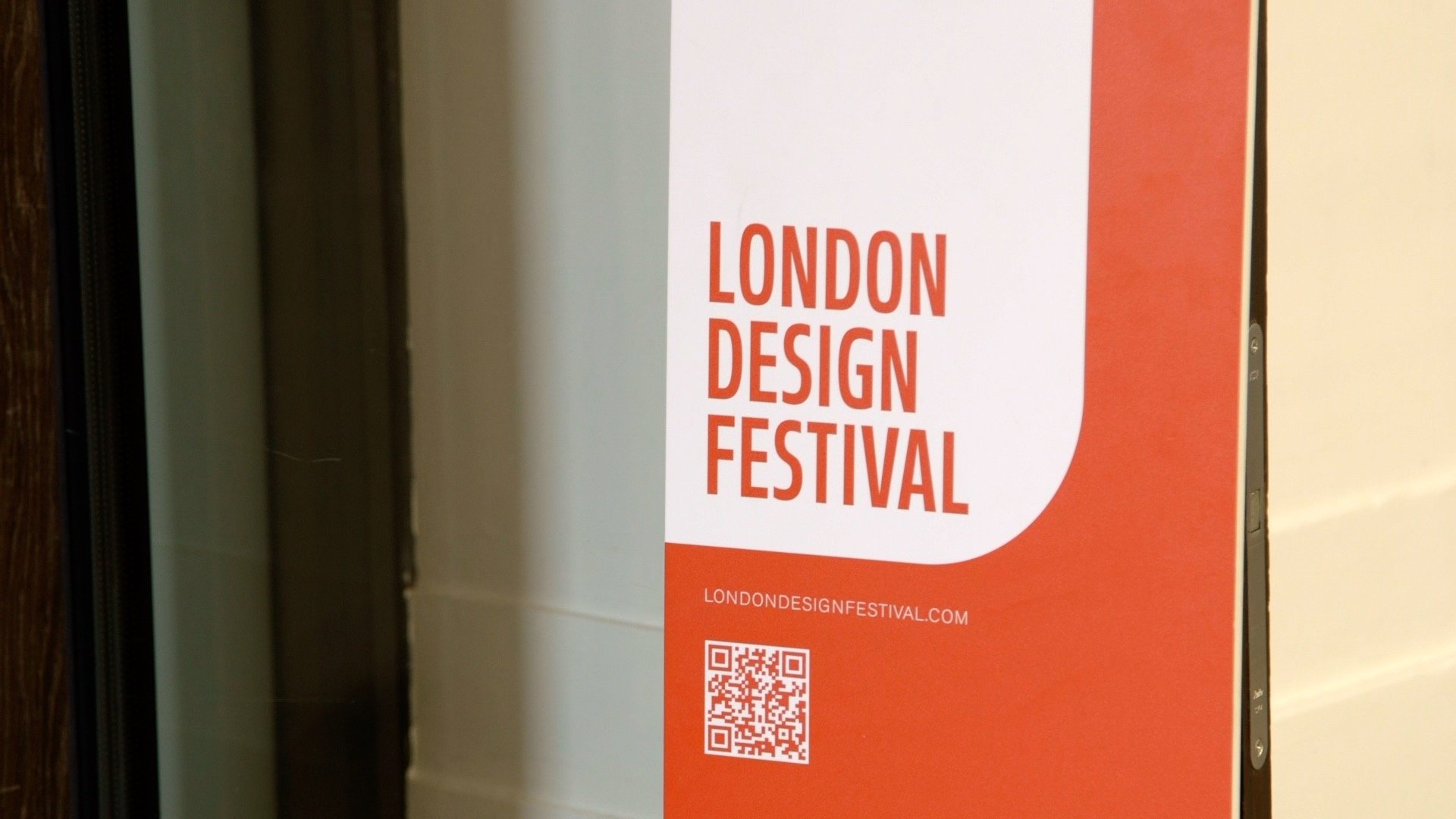Designing London’s Recovery Programme
UCL CUSSH, Greater London Authority and Design Council
UCL CUSSH project have been working with the Greater London Authority and Design Council on the Designing London Recovery Programme, exploring how to leverage innovation to tackle London’s recovery from the pandemic. The partners worked together for 18 months, Eleven projects were supported to drive green growth, build stronger communities, help Londoner’s into good work and activate our high streets. Projects on the programme include:
repurposing existing commercial space to build a long-term public toilet solution (Royal College of Art);
creating places to make, recycle, repair, grow, cultivate and play (University of Roehampton);
developing the entrepreneurial potential of children through school eco-refill shops (Pupils Profit);
supporting female-led ethnic food enterprises (Kingston University);
animating the high street (The Community Brain);
exploring a child-friendly neighbourhood (Sustrans);
creating job tools to match individuals with industry needs (City & Guilds);
breaking the taboo of well-paid prison leavers in good jobs (Breakthrough);
encouraging land use for food growing in London (Shared Assets);
creating a network of micro-factories producing on-demand sustainable clothing (Pattern Project);
and using oracy to bridge social, economic, cultural and generational divides (Kafei).
I visited the showcase of the project at London’s Design Festival 2022 as part of ‘Designing London’s Future: A showcase of innovation in policy making’ at the V&A.
The project was led by Dr Gemma Moore, Julie McLaren (both UCL IEDE), Almira Lardizabal Hussain (GLA), Ahmad Bismillah (GLA) and Frederik Weissenborn (Design Council).
Project CUSSH (Complex Urban Systems for Sustainability and Health) seeks to make sense of the complex systems that underpin the health of cities, it’s a Wellcome Trust funded project led by UCL, and works in 6 cities around the world - London (UK), Rennes (France), Kisumu and Nairobi (Kenya), and Beijing and Ningbo (China).


